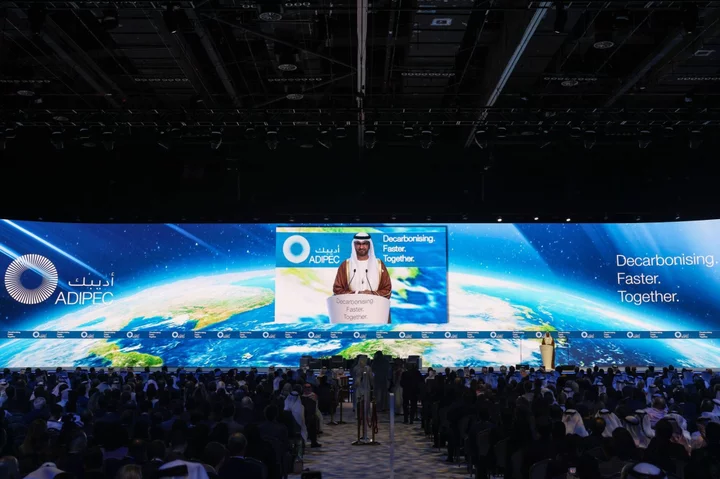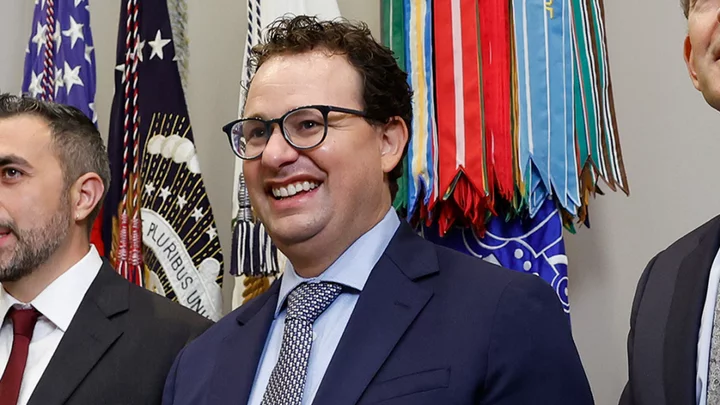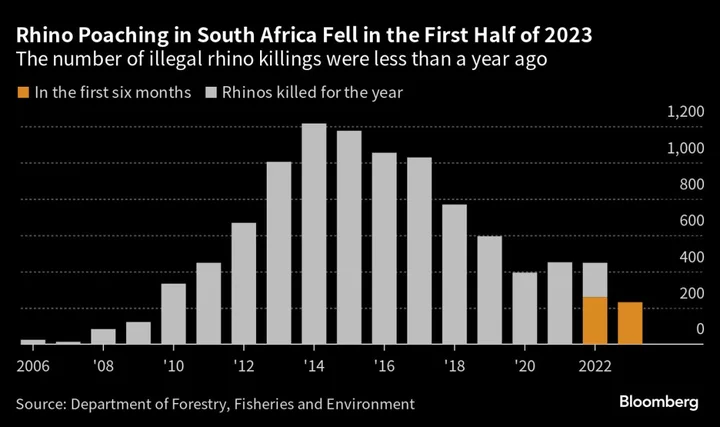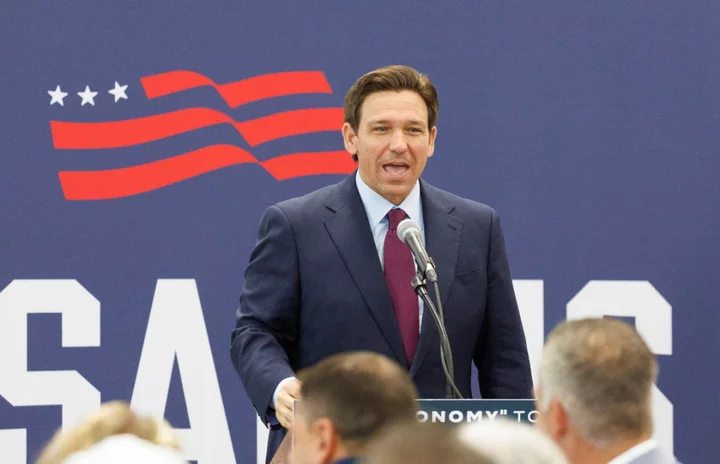(Bloomberg) --
Every year, the United Nations climate conference is gripped by major power rivalries over tiny terms. At COP27 in Egypt, it was “phase out fossil fuels.” At this year’s COP28 in Dubai, expect debate over “tripling renewable energy capacity.” These standoffs tend to grab headlines — after all, who doesn’t want to know whether it was China, Saudi Arabia or the US that played spoilsport in high-stakes global diplomacy?
It's no bad thing that UN-backed climate talks have finally started to make the front page. And yet, despite convening for nearly three decades, these talks have also failed to make the progress necessary to meet climate goals. Preliminary analysis shows that global emissions are set to hit another new record this year, instead of rapidly declining as the Paris Agreement requires.
This might be a matter of prioritizing the wrong things, argues Navroz Dubash, professor at the New Delhi-based Centre for Policy Research. The assumption baked into the Paris Agreement is that naming and shaming countries doing poorly on climate ambition will be enough to make them do more. However, in a new article for the journal Science, Dubash argues that the bigger driving force is like to be whether countries are setting ambitious national climate policies.
Take the example of the Inflation Reduction Act. The US has been under global pressure for years to do something about reducing emissions, but it took a particular mix of domestic factors to finally lead to the passage of the country’s most ambitious climate law. Now there is hope that, through the mix of subsidies and jobs in places that have typically been resistant to climate action, there will be a broader change in the national political perspective, one in which the majority agrees that acting on emissions can come with immediate benefits.
“If you do the hard work on national policies, it can move the global consensus faster,” said Dubash, rather than expecting a global consensus to lead to national policies on, for example, phasing out fossil fuels or tripling renewable energy. COP squabbles also tend to overlook that most countries face huge hurdles when trying to enact climate legislation.
On that front, Dubash says three things can help get things moving domestically:
First, researchers need to develop better modeling tools to fit national needs. There’s no shortage of global climate models, but few are fit to deal with the trade-offs each country must face in setting its own ambition. India, a nation with a lot of coal (and thus a lot of coal jobs), is going to face different energy challenges than Kenya, which is tapped into clean geothermal power. Dubash hopes to see more initiatives such as Deep Decarbonization Pathways and Climate Futures Project taking a stab at this problem.
Second, countries must build independent institutions that are able to help governments steer the entire economy to a low-carbon future. Dubash says more countries should have the equivalent of the UK’s Climate Change Committee that can both lay out strategic choices for the government to make and annually assess progress. More countries should also create the likes of South Africa’s Presidential Climate Commission, which brings together people of all backgrounds — from coal miners to coastal communities — who will be strongly affected by climate policies.
Finally, even though national policies are a more effective driving force, certain things can only be solved at a global level. For example, most developing countries are crimped for capital at a time when interest rates are high and developed countries aren’t willing to invest in emerging markets. Efforts such as the Bridgetown Initiative, a proposal to make climate funding available to developing countries, are crucial in getting global institutions to craft the right tools for moving large sums of money to where it’s needed most.
What will appeal to a domestic audience may not appeal to a global audience, admits Dubash. However, many climate policies have multiple benefits. “You tell different stories to different segments,” he said. “You’re not being duplicitous. You’re just being smart politically. You’re showing different fronts to different audiences.”
Akshat Rathi writes the Zero newsletter, which examines the world’s race to cut planet-warming emissions. His book Climate Capitalism is out now.









